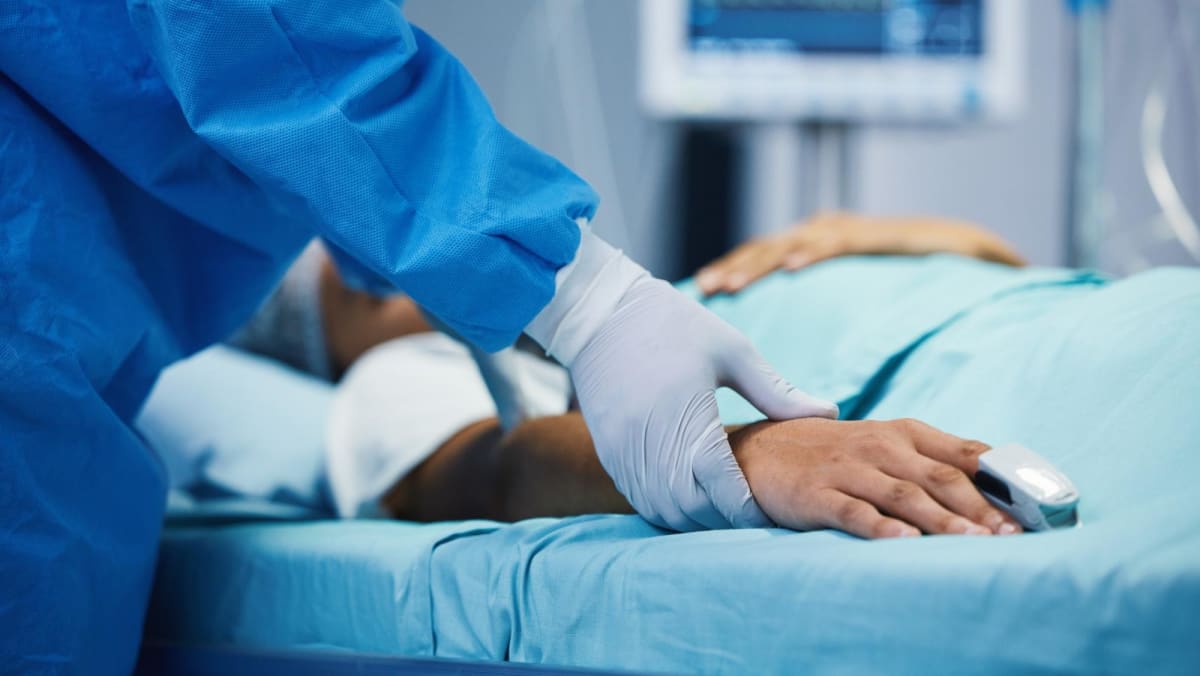New hospital in Bedok to start its services before 2030 completion: Ong Ye Kung

Source: CNA
SINGAPORE: Although Eastern General Hospital (EGH) in Bedok North will be ready by 2030, some services are likely to start running around 2026, Health Minister Ong Ye Kung said on Saturday (Apr 20).
These services include teleconsulting and remote monitoring, added Mr Ong at the groundbreaking ceremony of the hospital campus.
When the hospital campus is fully opened, it will have about 1,400 beds, offering inpatient and outpatient services across a range of clinical specialties and care settings.
The Ministry of Health (MOH) first announced its plans to build the new integrated hospital during the Committee of Supply debate in March 2020.
It will be located next to Bedok North MRT station, bounded by Bedok Reservoir Road and Bedok North Road.
Several new and unique features will be incorporated into EGH, differentiating it from other general hospitals in Singapore, said Mr Ong.
"First, EGH will be a more pandemic-ready hospital. The planning and design process benefited from the COVID-19 experience," he added.
"The team has therefore designed EGH to have wards that can be quickly converted for isolation use and to accommodate the need for bed surges during a pandemic."
That built-in flexibility means working spaces can be quickly segregated and new work arrangements can be supported amid a pandemic, without having to make major infrastructure changes.
"Second, EGH will be digitally enabled from the start. It will be well-equipped with IT infrastructure that is designed and incorporated from the outset," said Mr Ong.
"Its personnel will be trained and geared up to deliver telemedicine."
Currently, the limitations of teleconsultations mean that while patients "always say yes" when asked by their doctors if are keeping up with their rehabilitation exercises, they "cannot verify it".
The team at EGH is working on developing wearable sensors that could remotely track the frequency and accuracy of prescribed exercises.
"That will make teleconsult more effective," said Mr Ong.
"Third, because of its embrace of telemedicine and digital technology, EGH, and this is important, will be the first general hospital which is able to deliver its services before the completion of the physical hospital."



